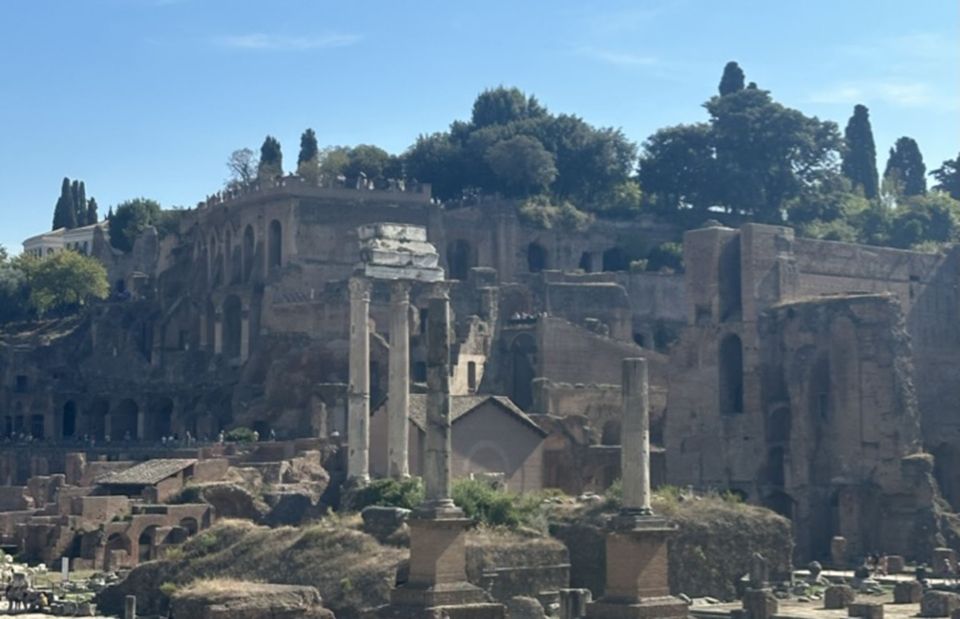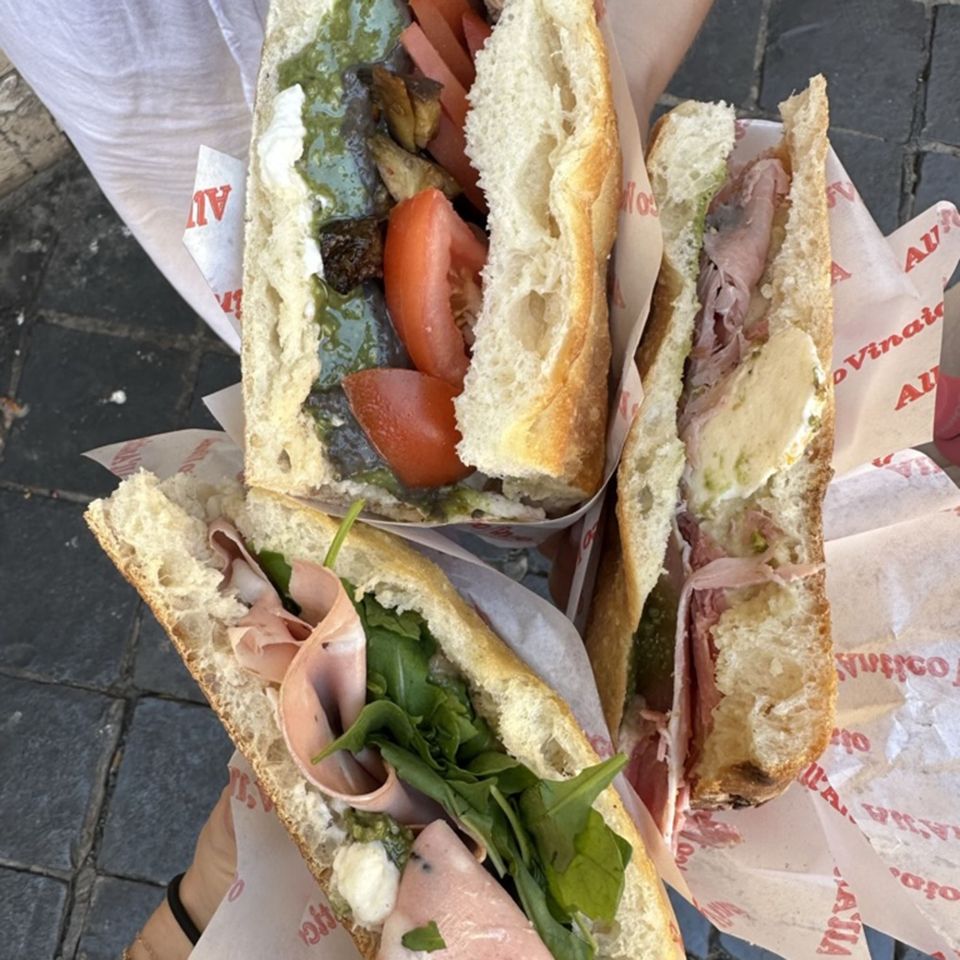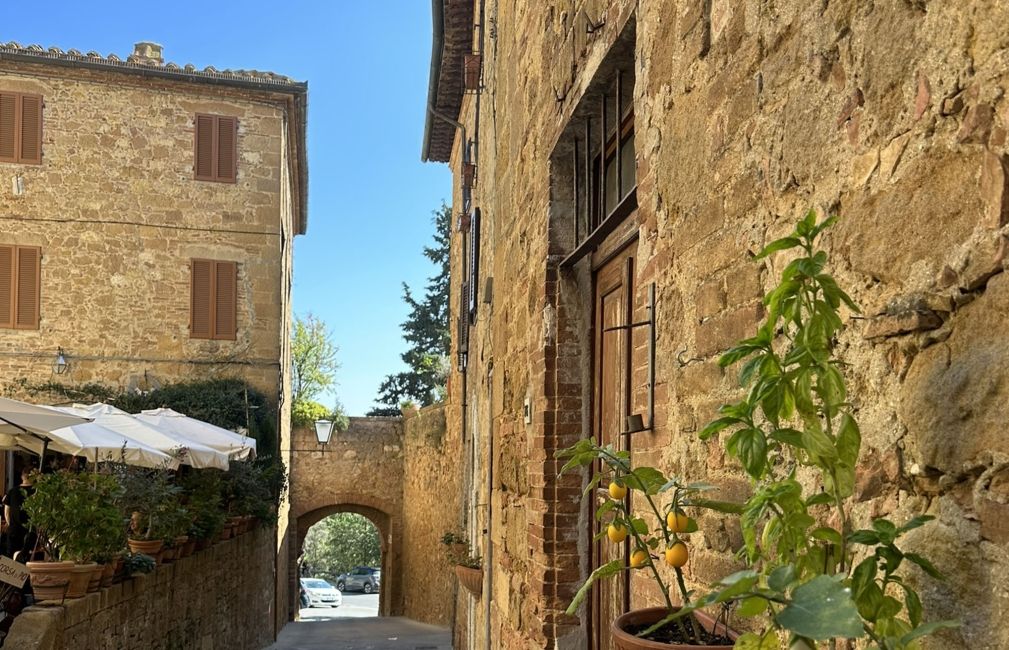10 Ways to Manage the Culture Shock of Living in Rome, Italy
By: Carolyn Schwartz
Culture shock is a common experience for Americans or individuals from any culture when living in Rome, Italy. Rome has a rich history, a unique way of life, and distinct cultural norms that can be quite different from what many Americans are accustomed to. Culture shock can be a challenging experience, but it's important to remember that it's a natural part of adapting to a new culture. Here are some aspects of culture shock that I experienced as an American when living in Rome.
Challenges of Culture Shock in Rome:
- Language Barrier: The Italian language can be a significant barrier, especially for those who are not fluent in it. This can lead to difficulties in communication, understanding administrative procedures, and making social connections.
- Different Pace of Life: Rome's more relaxed pace of life can be frustrating for Americans accustomed to efficiency and fast service. Waiting in long lines or dealing with slower bureaucracy can be challenging.
- Dining and Food Culture: The Italian approach to dining, with its long, leisurely meals and emphasis on fresh, local ingredients, might contrast with the fast-food culture common in the United States.
- Cultural Norms: Italians have a unique way of interacting. They often use gestures, stand closer, and communicate with warmth. Americans may find it challenging to navigate these norms.
- Bureaucracy: Dealing with Italian bureaucracy can be complex, and procedures may not always be clear, leading to feelings of frustration.

Strategies to Ease Culture Shock:
- Language Learning: Learning basic Italian phrases can go a long way in easing communication. Enrolling in language classes or using language apps can help Americans adapt to the local culture.
- Cultural Understanding: Taking time to understand Italian culture, including dining customs and social norms, can make interactions smoother. It's essential to respect and adapt to local practices.
- Embrace the Relaxed Pace: Instead of viewing the slower pace of life as a hindrance, try to embrace it. Use this as an opportunity to relax, enjoy the surroundings, and spend quality time with people.
- Community Engagement: Getting involved in local communities, joining clubs or social groups, and participating in cultural events can help make social connections and provide a support network.
- Learn from Locals: Interacting with locals and observing their behavior can offer insights into cultural norms and help Americans adjust.
- Explore Rome: Taking the time to explore Rome's history, art, and culture can foster a deeper appreciation for the city and its traditions.
- Adapt to the Schedule: Recognize that stores and businesses may have different hours of operation, and plan your day accordingly. Embrace the Italian "riposo" or afternoon break.
- Seek Support: Expat groups and organizations exist in Rome, and they can be valuable sources of information, support, and advice. Connecting with fellow Americans or expats can help you navigate the challenges of living in a new culture.
- Patience and Openness: Be patient with yourself and the locals. Understand that cultural differences exist, and try to approach them with an open mind. Learning about the culture can lead to a deeper appreciation.
- Maintain Contact: Staying in touch with friends and family from your home country can provide a sense of familiarity and comfort.

Remember that culture shock is a process, and it can take time to adjust. It's common to experience a mix of emotions, including excitement, frustration, and homesickness. Over time, as you embrace the culture and build relationships, these challenges tend to subside, and living in Rome can become an incredibly enriching experience. Embrace the opportunity to learn, grow, and broaden your horizons while living in this historic and vibrant city.
Related Posts

Eating Through Rome
By: Sammi Desch Over the last couple of months, I have curated guides for the best food in Rome from locals, chefs, friends, professors, Reddit, and through my own exploration... keep reading

Why I Chose Rome — And Why You Might Too
By: Brianna Sullivan Hi everyone! I’m Brianna Sullivan, and this Spring 2025, I’m studying abroad with CIEE in Rome, Italy. The people I’ve met, the places I’ve explored, the lessons... keep reading

Culture, Cuisine, and Cobblestones: My Life in Rome
By: Madeline Wooster Living in Rome as a study abroad student still doesn’t feel real most days. I’m constantly surrounded by beautiful old buildings, tiny cafes, and winding streets —... keep reading

